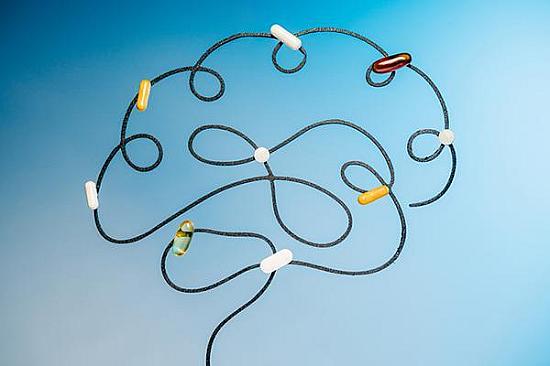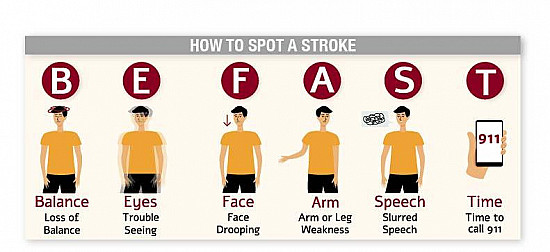Mental strain helps maintain a healthy brain

When it comes to keeping healthy and fit, living a mentally active life is as important as regular physical exercise. Just as your muscles grow stronger with use, mental exercise keeps your mental skills and memory in tone.
Are certain kinds of “brain work” more effective than others? I put that question to Dr. Anne Fabiny, chief of geriatrics at Cambridge Health Alliance and an assistant professor of medicine at Harvard Medical School.
Any brain exercise is better than being a total mental couch potato. But the activities with the most impact are those that require you to work beyond what is easy and comfortable. Playing endless rounds of solitaire and watching the latest documentary marathon on the History Channel may not be enough. “If it’s too easy,” Dr. Fabiny says, “it’s not helping you.”
Four brain-health strategies
As I write in the November 2012 Harvard Men’s Health Watch, Dr. Fabiny recommends four complementary strategies for keeping your brain healthy.
Be a lifelong learner: You spend the first half of your life building dense networks of connections between brain cells. Scientists call that “cognitive reserve.” Continuing to learn new things builds and maintains these connections.
Strain your brain: Think of all mental activities as a continuum. Watching a TV documentary would be on the passive, mildly challenging end of the spectrum, while learning how to converse in a new language would be on the active, very challenging end. When it comes to cognitive reserve, mentally challenging tasks have the biggest impact. “Be open to new experiences that cause you to see the world and do things differently,” Dr. Fabiny says.
Get uncomfortable: One stereotype of aging is that young people are bold explorers but older people are timid homebodies who “know what they like.” Stereotype though it may be, it is easy to get in a rut. Getting out of your comfort zone from time to time challenges your mental skills. An example of this would be traveling to a city that you haven’t been to before, which forces you to navigate unfamiliar surroundings.
Be social: Social isolation, aging researchers have discovered, puts people at risk of losing some of the brain reserves they have built up over a lifetime. There are many ways to be social. One good way is working as a volunteer in a social setting, which allows you to have contact with a variety of people and puts you in new situations.
Don’t forget your body
Healthy brain aging should involve the rest of the body, too. There is abundant evidence that physical activity that gets your pulse thumping helps the mind as well as the heart.
And if that exercise involves mental skill and balance, like racquet sports or a walking round of golf, it’s even better. As you vanquish your opponents on the court or green, you might also notice an improved ability to keep score in your head.
About the Author

Daniel Pendick, Former Executive Editor, Harvard Men's Health Watch
Disclaimer:
As a service to our readers, Harvard Health Publishing provides access to our library of archived content. Please note the date of last review or update on all articles.
No content on this site, regardless of date, should ever be used as a substitute for direct medical advice from your doctor or other qualified clinician.















